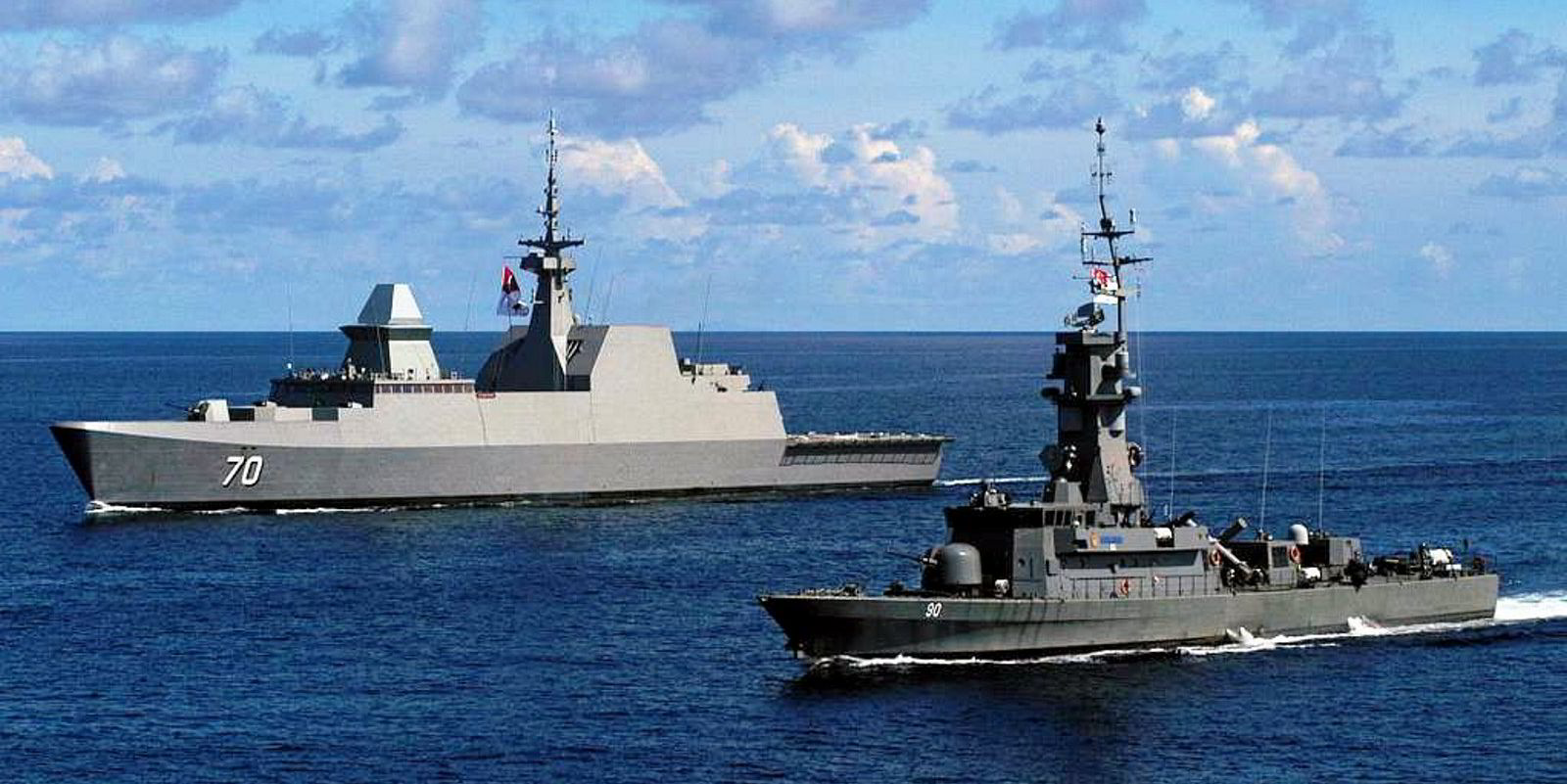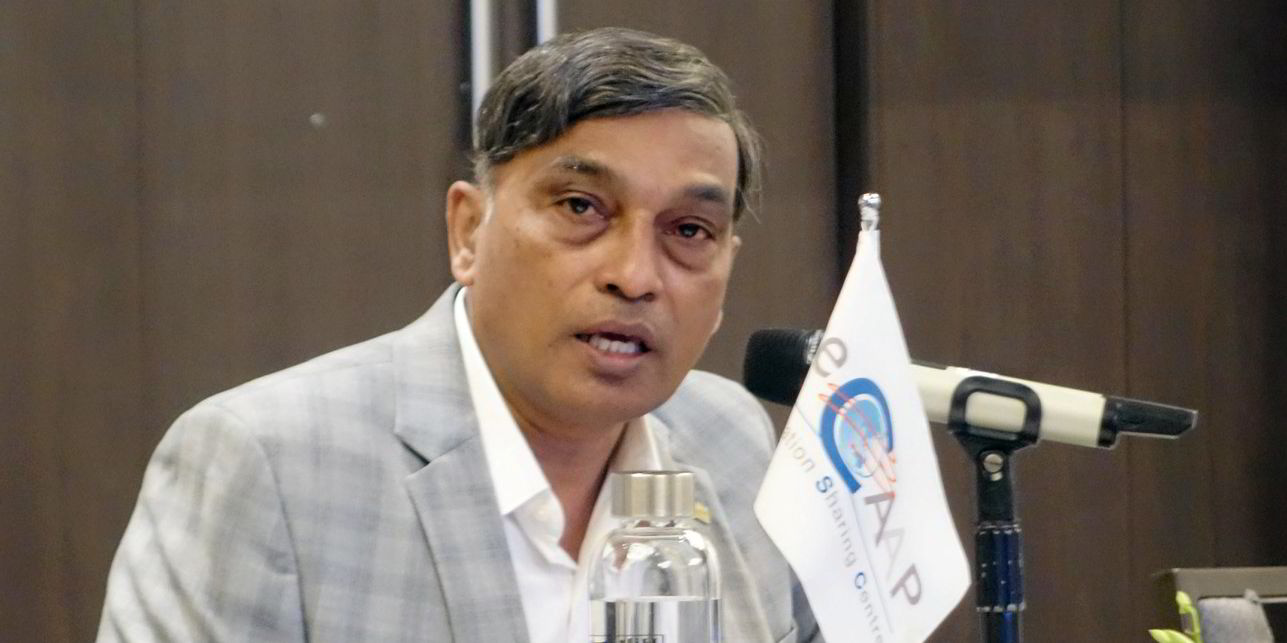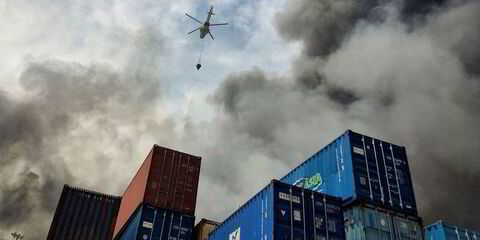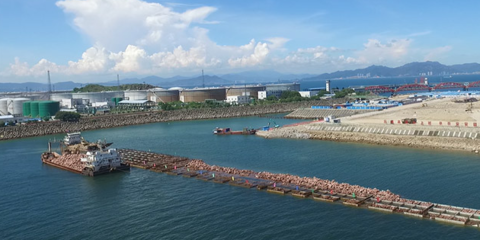Enhanced action against robbers preying on ships transiting through the Singapore Strait has led to the situation being contained, Asian piracy watchdog ReCAAP said at a media briefing on Tuesday.
The Singapore-based organisation, officially known as the Regional Cooperation Agreement on Combating Piracy and Armed Robbery against Ships in Asia, revealed 55 reported cases involving robberies in the Singapore Strait in 2022, as compared to 49 cases in the previous year.
However, ReCAAP executive director Krishnaswamy Natarajan said that the volume of incidents dopped significantly after increased patrols and enforcement efforts by littoral states led to the arrest of a number of perpetrators.
“Timely reporting by vessel masters has led to the foiling of attacks and the apprehending of perpetrators and the recovery of stolen items,” said Natarajan.
“In all countries where the arrests took place the perpetrators were put on trial and the appropriate punishments issued,” he added.
Incidents against vessels in the Singapore Strait are usually opportunistic in nature, with small gangs boarding vessels under the cover of darkness to engage in petty theft.
Incidents of violence against crew are rare. In most cases the robbers are unarmed and flee the vessel when spotted.
Bulk carriers were involved in 29 of the 55 reported incidents in 2022, with 12 tankers also targeted. Tugboats and supply vessels made up the remainder.
Natarajan cautioned that although the situation in the Singapore Strait appears to be contained for now, littoral states and vessel crews should not become complacent.
“We need to collaborate more than ever and enhance security patrols,” he said.
In total there were 84 reported incidents of piracy and armed robbery in Asia during 2022, as compared to 83 incidents 2021.
Of the 84 incidents, 83 involved armed robbery or petty theft, and one incident of piracy involving a fishing vessel in the South China Sea.
On a positive note, ReCAAP noted that the number incidents decreased in Indonesia and the Philippines, Natarajan attributed in part to increased enforcement activity and the prosecution of perpetrators.
In addition, with no incidents of crew abductions in the Celebes Sea by members of the Abu Sayyaf terrorist group for the past three years, the Philippine Coast Guard has downgraded the threat for the area from ‘potentially high’ to ‘moderate’.
Natarajan said that ReCAAP cannot make a clear statement that the entire Abu Sayyaf threat has been eliminated as there may be remnants remaining.
ReCAAP’s existing advice for ships transiting the Celebes Sea therefore remains. The organisation advises vessels to reroute elsewhere unless they can take adequate precautionary measures. (Copyright)





